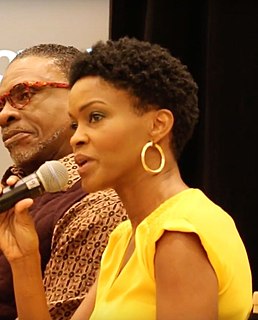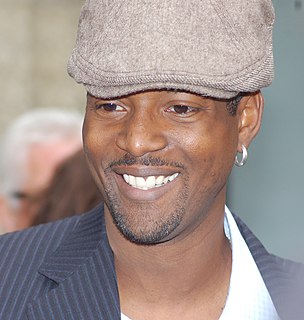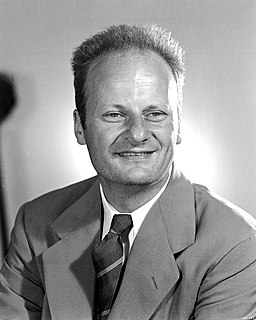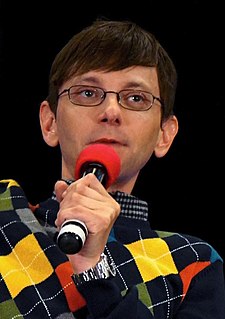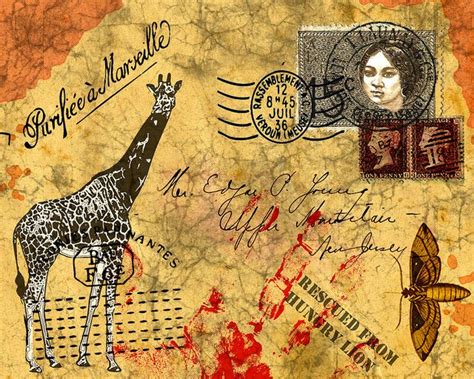A Quote by Annette Bening
One of the things on a very practical level as an actor or actress is that when you do a play, you do the entire story every time you do it. You have eight shows a week. You have a rehearsal process of four to five to six weeks. And then once you're in performance, everybody else goes away and you're there with your fellow actors and the audience and the material and your life becomes about that. And you go through the story from the beginning to the end every time you do it and depending on how long you do it, that's where the craft comes in.
Quote Topics
About
Actor
Actors
Actress
Audience
Away
Becomes
Beginning
Craft
Depending
Eight
Else
End
Entire
Every
Every Time
Everybody
Everybody Else
Fellow
Five
Four
Go
Goes
How
Level
Life
Long
Material
Once
One Of The Things
Performance
Play
Practical
Process
Rehearsal
Shows
Six
Story
Then
Things
Through
Time
Very
Week
Weeks
Your
Related Quotes
If you are, as an actor, are just worried about looking pretty and being well liked, then I personally feel you are doing a disservice to your audience, the craft, the creative process, writers, and directors. Your job is to tell a story and to tell the truth, and we can't always be the most likeable character in every situation.
If the point of life is the same as the point of a story, the point of life is character transformation. If I got any comfort as I set out on my first story, it was that in nearly every story, the protagonist is transformed. He's a jerk at the beginning and nice at the end, or a coward at the beginning and brave at the end. If the character doesn't change, the story hasn't happened yet. And if story is derived from real life, if story is just condensed version of life then life itself may be designed to change us so that we evolve from one kind of person to another.
I don't [know] what everybody else's motives are, I don't know what your motives are, but mine is to portray the real life of an NBA player. And it's not all about I just do everything, like I'm the hardest worker, or I love to play basketball every day, I go to the gym at eight and don't leave until five. No, that's not how it is. That's not how I am.
Once you explore life outside of work, it becomes addictive. The less you work, the less you want to work. At first, the odd afternoon off seems like a fantastic luxury. Before long, you are opting for a four-day week. Then a four-day week becomes an intolerable demand on your time, so you find a way of moving to a three-day week.
You don't realize how long that NFL season is. It's a long season, especially in your first year. Not only do you spend a lot of time preparing for the draft and working out, but they you have OTAs, minicamps, training camp, preseason games. By the time you get to week six you've already had one of the longest years of your football life and you still have 11 weeks to go, plus the playoffs.
You have formal rehearsal, a lot of things you don't have in movies - which is, you have to formally rehearse. You have to know your back story, discuss it, and almost everybody onstage has to know each other's [story], so that when it comes time to actually do it, you can throw it all away. That's the way I like to - and I didn't realize until very recently - that's the way I like to prepare for movies.
Theatre is all about the process and the sense of community that is created. You have weeks of rehearsal, time to explore your character and get to know the other actors. There is opportunity to try off-the-wall ideas, to find layers and nuance over weeks. You become like a second family with your cast.
Finally I got to carbon, and as you all know, in the case of carbon the reaction works out beautifully. One goes through six reactions, and at the end one comes back to carbon. In the process one has made four hydrogen atoms into one of helium. The theory, of course, was not made on the railway train from Washington to Ithaca ... It didn't take very long, it took about six weeks, but not even the Trans-Siberian railroad [has] taken that long for its journey.
A film has a beginning, middle, and an end. There is a certain amount of time that you have to embody these people. You know the entire story arch. But on TV, you have to let your guard down. You don't know how long the show is going to last. There is this excitement that comes with developing a character long-term.

